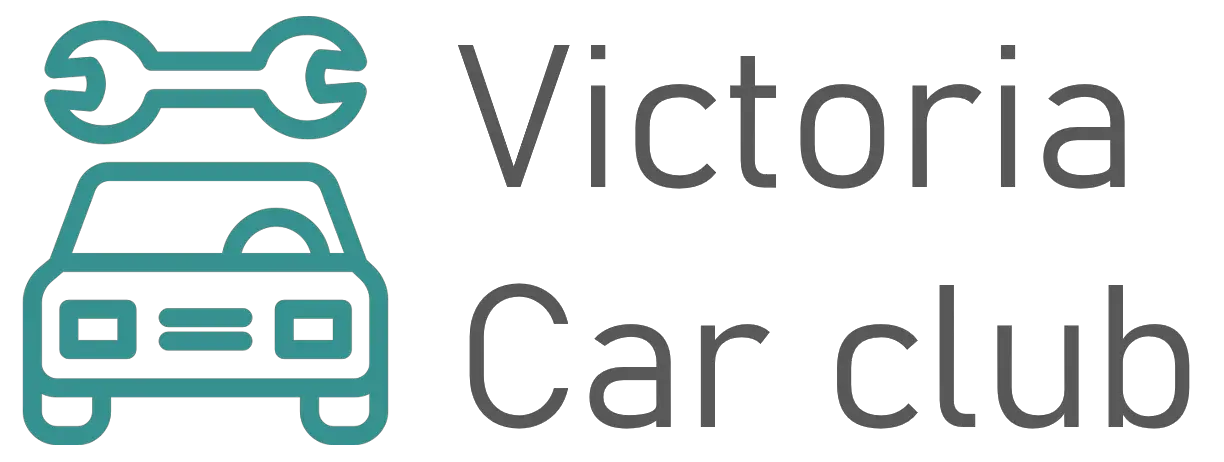Encountering problems on your car is particularly bothersome, furthermore the financial aspect that these complications represent, one must also add the time lost with a non-operational Mercedes Classe C 3 and the time spent to diagnose and solve the breakdown. However, some problems are less significant than others, which is not to say that they do not worry us. On this page we are going to look into a issue that can occur to many of us, feeling vibrations at acceleration on Mercedes Classe C 3. This issue can sometimes be difficult to perceive but it must be looked after. We will consequently commence our guideline with the sources of these vibrations on Mercedes Classe C 3, then, with the answers you have to reduce or stop these tremors.

Why does my Mercedes Classe C 3 produce vibrations when accelerating?
So let’s commence our guideline with the sources of this sort of issue on your car. You should already know that an engine, especially if it is ancient or if it has been driven a lot, can naturally vibrate without being a issue behind it. Large diesel engines, especially those with a lot of torque, can generate this kind of impression, both at idle and when accelerating.
I feel vibrations on my Mercedes Classe C 3 only when accelerating
Let’s take the most interesting case for us in this guideline. The simple fact that you come to feel trembling on your Mercedes Classe C 3 during your acceleration periods, in this scenario you will have to examine the condition of different components because a good number of elements can be at the beginning of these vibrations and even if you are unfortunate a mix of several of them may also be possible, here is the list of auto parts that can be involved.
- Turbo: If the turbo of your Mercedes Classe C 3 is faulty, it may generate vibrations that you will come to feel when you accelerate at the moment it is turned on.
- The turbo pressure sensor: This sensor will manage the pressure exerted in the turbo of your car, if it fails it may bother the performance of your turbo and deliver vibrations that you may experience at the time of acceleration of your Mercedes Classe C 3.
- If the turbo is punctured or ruined, the effect will be similar, the power supply of your turbo will be disturbed and its performance too. Make sure to visually check their condition.
.
I’m getting vibrations on my Mercedes Classe C 3 at acceleration and deceleration
We will now focus on the situation where you experience vibrations on your Mercedes Classe C 3 when you are accelerating but also when you are idling. If you only experience vibrations when you are idling on your Mercedes Classe C 3, please have a look at our guideline focused on this issue to remedy your problem. If, alternatively, you identify that your Mercedes Classe C 3 vibrates when accelerating but also when it is stopped, here is the list of elements to check:
- EGR valve: In actual fact this valve which handles the return of exhaust gases for pollution standards can become dirty and disturb the evacuation of exhaust gases which can generate Mercedes Classe C 3 vibrates when accelerating but also when stopped.
- Injectors: Your injectors that regulating the fuel/air mixture flow may be dirty or damaged, which will discharge the wrong amount of mixture and thus prevent your engine block from working correctly, it is even possible that one or more of your cylinders are not running correctly.
- Fuel Filter: Like the injectors, if the filter is clogged it will not let the fuel pass correctly and therefore disturb the performance of your Mercedes Classe C 3, up to the point of leading to vibrations during acceleration.
Here are the main triggers of a Mercedes Classe C 3 that vibrates at acceleration
What can I do to stop the vibration when I accelerate on my Mercedes Classe C 3? What can I do?
To finish , in this last part, we will provide you the solutions available to you to get over these tremors on your car when you accelerate. Here is the best attitude to adopt according to the part that is affected:
- Turbo: If your turbo starts all these vibrations when you accelerate your Mercedes Classe C 3, it will be good for you to control all the auto parts connected to it because changing a complete turbo is a big budget and most of the time the issue does not come directly from the turbo. So make sure take a look at your turbo pressure sensor, your flowmeter, the EGR valve and the hoses of your turbo. Otherwise take your Mercedes Classe C 3 to your garage.
- EGR valve: The EGR valve has the benefit that it is quite often easy to access and simple to disassemble/clean. You can always examine it and clean it, for this see our guideline on cleaning the EGR valve of an Mercedes Classe C 3.
- Injectors: Injectors are very sensitive auto parts and a few impurities may be enough to disturb their performance. Use a fuel additive to simply clean the injectors, if this is not enough you will have to go to a expert.
- Fuel Filter: If it is the fuel filter, only replace it. A fuel filter doesn’t clean itself, so if it is clogged you will only have to replace it with a new one.
Now you have all the information you need to find the origin of the vibrations at acceleration on your Mercedes Classe C 3. If you don’t feel able to perform certain operations don’t hesitate to go to your auto mechanic.
In the event that you have any further questions about the Mercedes Classe C 3, do not hesitate to consult our Mercedes Classe C 3 category.

